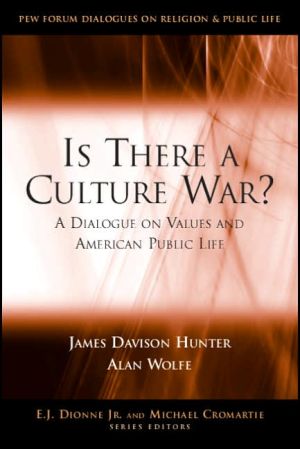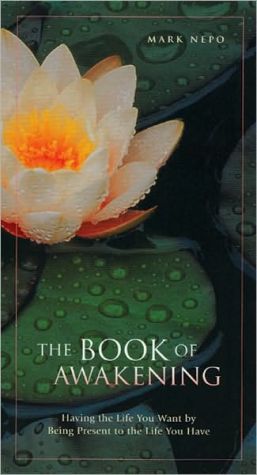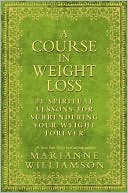Is There a Culture War?: A Dialogue on Values and American Public Life
In the wake of a bitter presidential campaign and in the face of numerous divisive policy questions, many Americans wonder if their country has split in two. People are passionately choosing sides on contentious issues such as the invasion of Iraq, gay marriage, stem-cell research, and the right to die, and the battle over abortion continues unabated. Social and political splits fascinate the media: we hear of Red States against Blue States and the "Religious Right" against "Secular America";...
Search in google:
Red and Blue states . . . the "Religious Right" and the "Liberal Media" . . . NASCAR dads and soccer moms . . . Is America clearly and bitterly divided? Are today's social and political differences truly worrisome, or the unavoidable products of a diverse democracy? In Is There a Culture War? two leading authorities on political culture lead a provocative examination of division and unity within America. Long before most pundits and analysts considered the notion of a "culture war," James Davison Hunter and Alan Wolfe were laying the groundwork for the debate. Now, for the first time, these two important thinkers join in dialogue to search for the truth about America's cultural condition. Two other brilliant voices enter the forum, commenting on Hunter's and Wolfe's views--historian Gertrude Himmelfarb and Morris Fiorina, author of Culture War? The Myth of a Polarized America. Scott H. Silverman - Library Journal An installment in a series of slim debates between acknowledged scholarly experts on significant public controversies, this volume takes up the position that, yes, Americans are indeed at "culture war." Hunter (sociology & religious studies, Univ. of Virginia; The Death of Character) introduced this concept to academe a year before politician Patrick Buchanan's incantation of the phrase at the 1992 Republican Convention. But Hunter usually a lively writer so overemphasizes the methodological deficiencies he perceives in the arguments for a prevailing mainstream consensus that lay readers might think the debate is in fact merely academic. With the exception of one real-world case presented in two paragraphs immediately preceding his conclusion, Hunter scolds liberal social scientists for relying too much on survey data that most of his peers believe are sound and useful. Offering a rejoinder, Wolfe (political science, Boston Coll.; Return to Greatness) readily romps in all that open undefended space, invoking various scandals and generally reminding the audience why the subject is important. In an afterword, the uninhibitedly traditionalist historian Gertrude Himmelfarb paints such a vividly witty but dismal portrait of American fractiousness that Hunter's turgidity becomes even more apparent. A great concept that falls flat; still, essential for serious academic collections.
Foreword Acknowledgments Introduction: Modernist, Orthodox, or Flexidox? Why the Culture War Debate Endures - by E.J. Dionne, Jr. and Michael Cromartie The Enduring Culture War - by James Davison Hunter The Culture War that Never Came - by Alan Wolfe Comment: The Other Culture War - by Gertrude Himmelfarb Comment: Further Reflections on the Cuture War Thesis - by Morris P. Fiorina A Response - by James Davison Hunter A Response - by Alan Wolfe Contributors
\ Library JournalAn installment in a series of slim debates between acknowledged scholarly experts on significant public controversies, this volume takes up the position that, yes, Americans are indeed at "culture war." Hunter (sociology & religious studies, Univ. of Virginia; The Death of Character) introduced this concept to academe a year before politician Patrick Buchanan's incantation of the phrase at the 1992 Republican Convention. But Hunter—usually a lively writer—so overemphasizes the methodological deficiencies he perceives in the arguments for a prevailing mainstream consensus that lay readers might think the debate is in fact merely academic. With the exception of one real-world case presented in two paragraphs immediately preceding his conclusion, Hunter scolds liberal social scientists for relying too much on survey data that most of his peers believe are sound and useful. Offering a rejoinder, Wolfe (political science, Boston Coll.; Return to Greatness) readily romps in all that open undefended space, invoking various scandals and generally reminding the audience why the subject is important. In an afterword, the uninhibitedly traditionalist historian Gertrude Himmelfarb paints such a vividly witty but dismal portrait of American fractiousness that Hunter's turgidity becomes even more apparent. A great concept that falls flat; still, essential for serious academic collections.\ —Scott H. Silverman\ \








